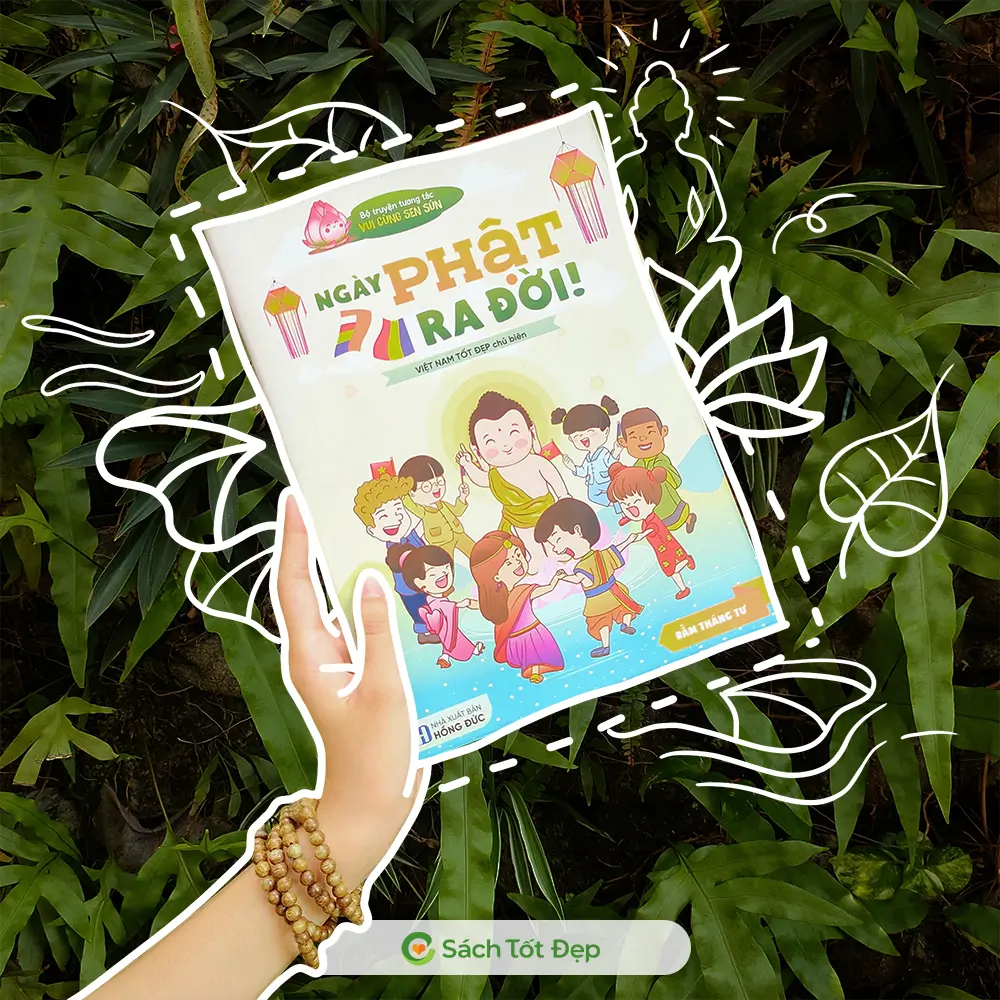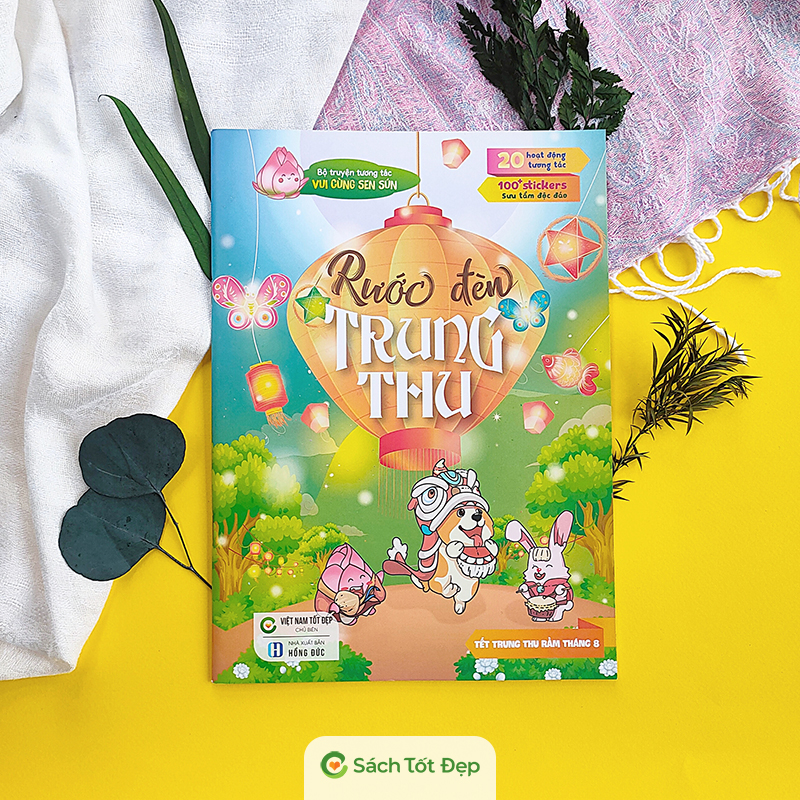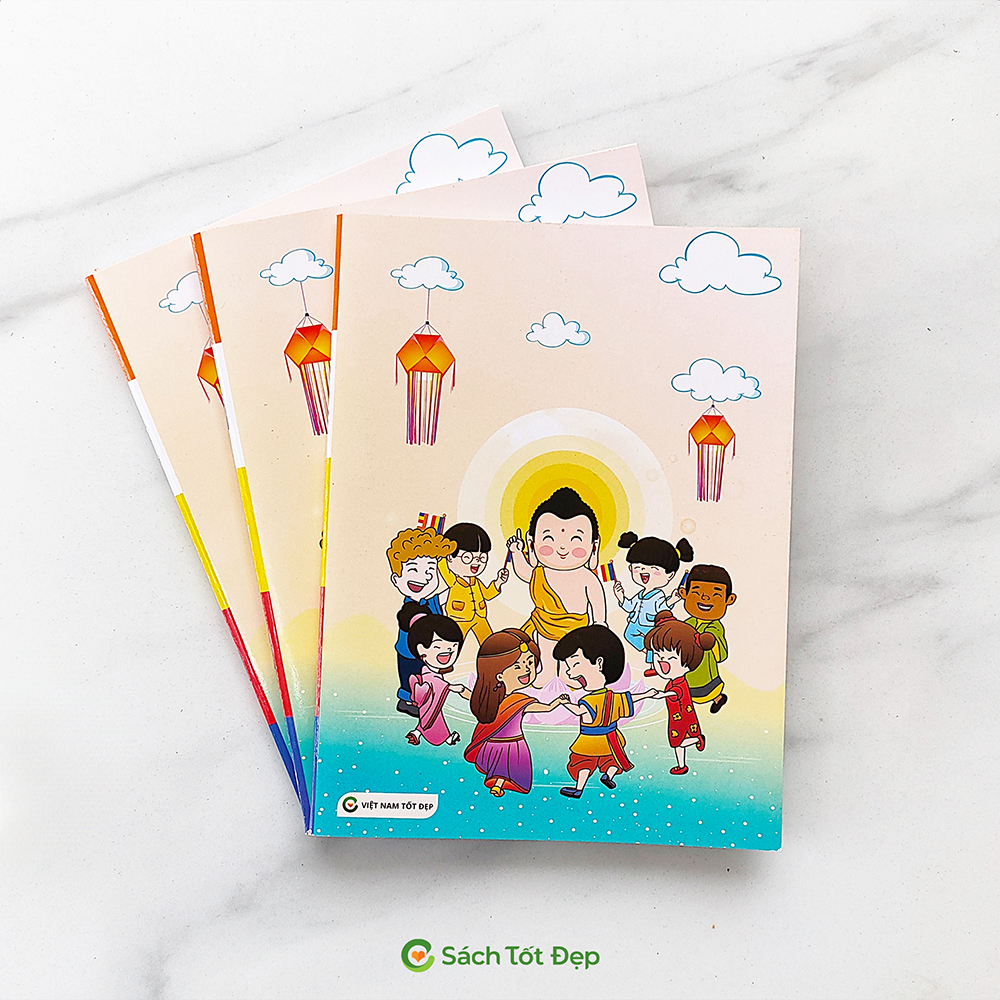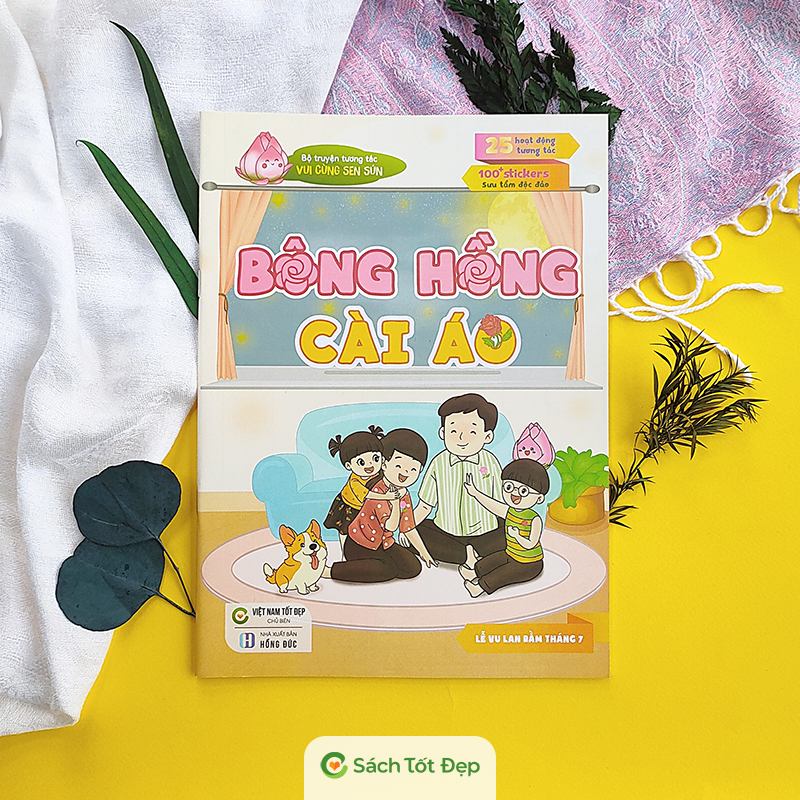Handy Ways to Engage in Mindfulness
Mindfulness Beyond Meditation

To balance our hectic lives, meditation isn’t the only path to mindfulness.
In our busy lives, we’re often surrounded by thoughts and anxieties from family or work. Keeping the mind still and balanced is essential.
However, meditation isn’t the only way to achieve mindfulness. You can turn to fine motor activities (using eyes, hands, and fingers) for a break in your day.
Here are 5 mindfulness practices to train your hands and still your mind:
Solving Puzzles: Sudoku, Jigsaw, Rubik’s Cube…
Puzzles are not just brain teasers; they’re a form of mindfulness practice. Solving puzzles triggers dopamine production, stimulating positive and optimistic thinking.

Puzzles like jigsaw, Sudoku, or crossword involve focusing on details. To solve a puzzle, you need to scrutinize each clue, color, and piece cut. This absolute focus allows you to momentarily set aside external worries.
Even the simplest Sudoku puzzle requires reasoning to complete. Engaging your brain in puzzle-solving enhances IQ, problem-solving skills, and memory. Most importantly, it gives a sense of control, even if over something small, significantly reducing stress.

Initially, the complex rules of puzzle-solving might seem daunting. Remember, no puzzle exists without a solution. Your job is to stay calm, observe, and deduce the answer. Dedicate 15 to 20 minutes daily for this “mental exercise and relaxation.”
Drawing or Coloring
Even if you’re not a skilled artist, drawing has been proven to reduce stress. When drawing, your brain focuses on the immediate surroundings, creating an experience similar to meditation, leading to a relaxed state free from intrusive thoughts.

Moreover, drawing stimulates both brain hemispheres, enhancing strategic thinking. The limitless creativity of painting also opens up more open-minded problem-solving approaches.
With just a sketchbook and pencils or paints, you can create your art. If physical tools seem cumbersome, consider drawing or coloring apps like Autodesk Sketchbook, Ibis Paint X, or Happy Colour.
Embroidery
The fast-paced life demands us to multitask. Embroidery helps slow down, focusing our eyes and hands in harmony.
On average, we have 60,000 thoughts a day, with 95% being repetitive. Embroidery frees the mind from these thoughts, stimulating creativity. It also generates new brain cells and prevents dementia.

Embroidery requires logic, precision, and a scientific order. Upon completion, the brain releases dopamine, bringing a sense of accomplishment and satisfaction. Beginners can refer to YouTube tutorials or use pre-made patterns for practice.
Origami
Origami, the art of paper folding originating in China but popularized in Japan, means “folding” (ori) and “paper” (gami) in Japanese. It enhances eye-hand coordination, focus, memory, and stimulates 3D geometric imagination.
More importantly, the perfection of origami encourages letting go, accepting reality, and being non-judgmental. Samuel Tsang, author of “The Book of Mindful Origami,” says, “No matter how many times I fold, my paper cranes are never perfect. That’s because we are human, not machines; we can’t fold with absolute precision.”
Whether anytime or anywhere, a piece of paper is all you need to practice origami. More complex models may take hours to months, but for relaxation, a few minutes are enough to create a crane, airplane, or boat.
Journal Writing
In an era of rapid technological advancement, journal writing may seem outdated. However, writing by hand has always been considered an effective psychological healer.
Journaling not only helps shed the day’s negative emotions but also organizes feelings healthily. Writing down thoughts and emotions allows for clearer self-reflection. It helps in introspection, internal problem-solving, and thorough resolution.

Knowing what makes you happy or sad, you can address even the most complex issues. Spend a few minutes daily to jot down what made you happy or sad, your current emotions, or simple gratitude in life.
Conclusion
Practicing mindfulness in a busy life isn’t hard. As Ferris Bueller in “Ferris Bueller’s Day Off” said, “Life moves pretty fast. If you don’t stop and look around once in a while, you could miss it.”
Applying different mindfulness methods, you can balance yourself, with a still mindset in every moment.
(Adapted from Vietcetera)
Sản phẩm bạn có thể quan tâm

Let’s play with Sen Sun: Buddha’s birthday
Coloring book
28.000đ

Let’s play with Sen Sun: Mid-Autumn Festival
Coloring book
30.000đ

Tot Dep Notebook 96-pages
8.000đ

Let’s play with Sen Sun: Ullambana Festival
Coloring book
28.000đ





